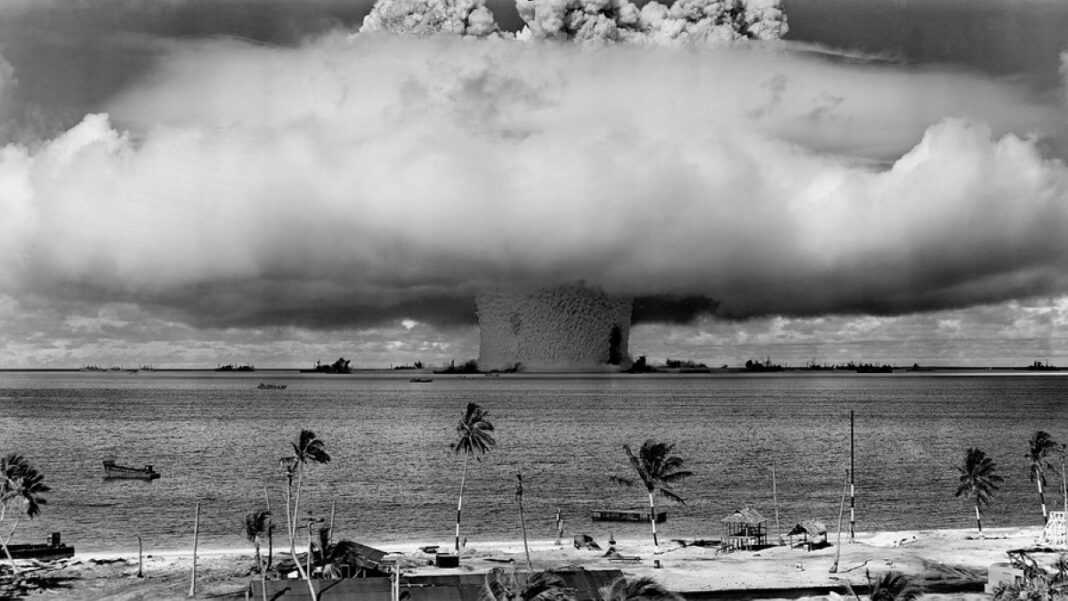RUSSIA: Russia’s recent announcement of withdrawing from the Strategic Arms Reduction Treaty (START) has raised concerns about the future of nuclear arms control between the United States and Russia.
Russian President Vladimir Putin announced the decision in a lengthy address to the nation, reportedly made days before the first anniversary of the Ukraine war.
Putin said that the US wants to inspect Russia’s military facilities, a requirement under the treaty, while openly admitting that its goal is Russia’s strategic defeat.
Russia’s withdrawal from the treaty is also attributed to US President Joe Biden’s recent visit to Ukraine. He criticised Russia for its show of force and praised Ukraine and the Western allies for fending off repeated acts of aggression from Russia.
This treaty, signed in 2010, was a critical tool for reducing the number of nuclear weapons held by the two nations and promoting international security.
The START treaty was a bilateral agreement that aimed to limit and reduce the number of strategic nuclear weapons held by the United States and Russia.
The treaty allowed regular inspections and data exchanges between the two nations to verify compliance with the treaty’s provisions.
The START Treaty also established a ceiling of 1,550 deployed strategic nuclear warheads for each country, a significant reduction from the Cold War-era levels.
The importance of the START treaty is that it helped reduce the risk of accidental nuclear war and increased transparency and predictability between the two countries.
It also served as a foundation for other nuclear arms control agreements, such as the Intermediate-Range Nuclear Forces (INF) Treaty and the Comprehensive Nuclear Test Ban Treaty (CTBT).
The treaty expired on February 5, 2021, but the US and Russia had agreed to extend it until 2026. However, on Friday, Russia announced that it was pulling out of the treaty.
However, Russia’s decision to withdraw from the START treaty raises concerns about the future of nuclear arms control, especially given the heightened tensions between Russia and the West over the ongoing Russia-Ukraine war.
If the START treaty is allowed to expire, it would be the first time in decades that there would be no nuclear arms control agreement between the two countries.
The withdrawal of Russia from the START treaty could lead to a new nuclear arms race, which would be dangerous and costly for both nations. It could also lead to an increase in regional tensions and instability.
The US and Russia possess vast nuclear arsenals, and any increase in the number of nuclear weapons would be a significant threat to global security.
The lack of an arms control agreement would increase the risk of miscalculations and misunderstandings that could lead to a nuclear conflict.
It could also undermine international efforts to prevent the proliferation of nuclear weapons in other countries.
The implications of Russia’s withdrawal from the START treaty are significant, and the international community must take action to prevent a new nuclear arms race.
The United States should continue to engage with Russia to negotiate an extension of the treaty and address any concerns that Russia may have.
It is essential to continue prioritising arms control and disarmament efforts to promote international security and prevent nuclear war.
Also Read: US and Russian Military Engage in Friendly Exchange at UAE Weapons Expo



